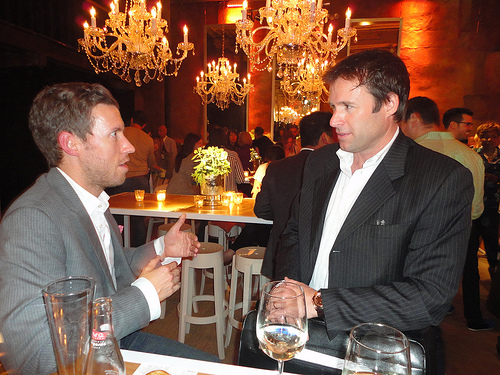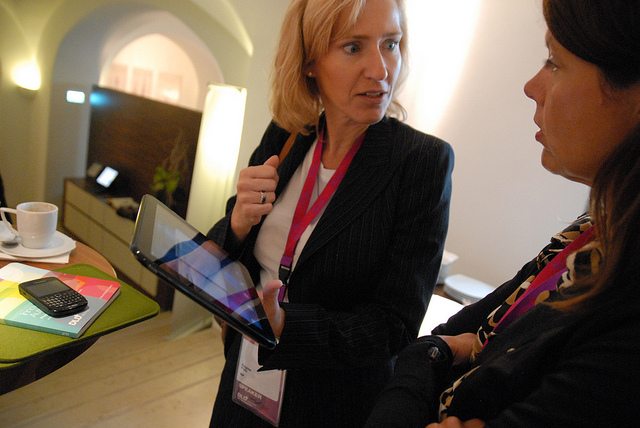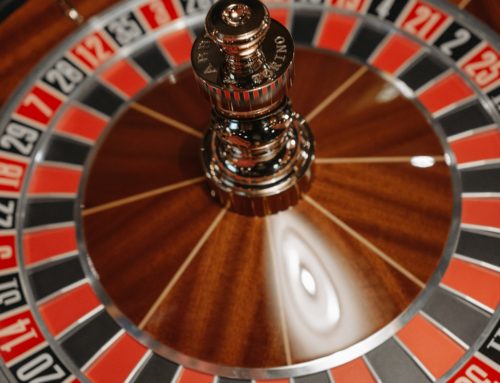Think you’re a good listener? Seven scenarios where you might not be listening as well as you could
March 28, 2017
How good a listener are you? I was reminded of the importance of good listening recently while attending a talk by a coach who brings real focus and attention to her coaching. Her clients really do get a damn good listening to. I like to think that mine do too, but it made me reflect on the times when perhaps I don’t listen as well as I could. I think most of us could benefit from improving our listening skills, so with that in mind, here are seven scenarios to watch out for, when you really might not listen as well as you think you do.
1. When you already know what they’re going to say
Your partner is about to go off on a familiar rant about their useless boss or your colleague is banging on about the IT system again and you’ve already tuned out. Perhaps it doesn’t matter, though it might if they realise. But maybe there’s something else going on. Maybe having a rant is their way of saying “I’m really stressed out”. In any case, zoning out and surreptitiously checking your phone does not make for a meaningful conversation.
2. When they’re in the wrong
A coaching client of mine, Sally, was trying to work out how to handle a member of her senior team, Dave, who was not behaving well in meetings. If things weren’t going his way, Dave had a tendency to sulk, rolling his eyes and huffing but not speaking up. The team was under pressure, Dave’s behaviour was getting worse and Sally was losing patience. She was tempted to read him the riot act, but instead she asked how things were going for him and really listened to what he had to say. Yes, Dave was still in the wrong, but there was more space for a proper, grown-up conversation about his behaviour and the impact it was having on the rest of the team.
3. When you’re waiting for your turn
Imagine you’re at a networking event and some woman is going on about how business psychology could stop you or your clients making a catastrophic hiring error*.  Are you listening or are you looking for a gap to start talking about your IT services/ insurance products/ tax consultancy or whatever? And as the speaker, are you listening to the responses you get back to gauge whether people are interested or are you just in broadcast mode? If your part of the conversation could be replaced by a pre-recording which is switched on and off at the appropriate moments (and some people’s really could be), you’re not listening properly.
Are you listening or are you looking for a gap to start talking about your IT services/ insurance products/ tax consultancy or whatever? And as the speaker, are you listening to the responses you get back to gauge whether people are interested or are you just in broadcast mode? If your part of the conversation could be replaced by a pre-recording which is switched on and off at the appropriate moments (and some people’s really could be), you’re not listening properly.
*Apologies if you feel you have been on the receiving end of such a broadcast.
4. When you know the answer
Suppose someone comes to you with a problem and really quickly you can see exactly what they should do. You’re a helpful person, you want to give them the answer. Even if you manage to resist cutting in and telling them there and then, you probably stop listening once you’ve worked it out. There are a number of problems with this. They may not want a solution, just a sounding board or a bit of moral support while they figure it out for themselves.  If you do this as a manager, you’ve just deprived someone of a learning opportunity. And, of course, your solution may not be appropriate for them. It may not even be right. The earlier in the conversation you stop listening, the more likely it is that you’ll jump to conclusions or miss nuances in the situation which make your idea less relevant.
If you do this as a manager, you’ve just deprived someone of a learning opportunity. And, of course, your solution may not be appropriate for them. It may not even be right. The earlier in the conversation you stop listening, the more likely it is that you’ll jump to conclusions or miss nuances in the situation which make your idea less relevant.
5. When you want to prove yourself
As a coach, I can generally avoid giving someone the answer, but there’s another trap that I know I’m prone to falling into – the ‘let me prove my worth’ trap. Sometimes it doesn’t feel enough to just listen and ask a few prompting questions. Surely my role is to show just how well I’ve understood what’s going on, cleverly interpret it with the help of some psychological theory and present it back to you wrapped up with a big bow, so now you understand it better too. That’s what you’re getting for the fee, right? It’s not that there isn’t a place for this but it can get in the way of just listening. And if you start forming your interpretation too early, there’s a risk of screening out anything that doesn’t fit.
6. When you don’t like the message
If you realise early on in a conversation that you are on different sides of an argument or someone is trying to tell you something, perhaps about your performance, that you really don’t want to hear, the tendency is to stop listening and prepare your rebuttal. If you do listen, you may listen for the weak points in their argument, the flimsy evidence, the points where they contradict themselves, anything to bolster your case. If you’re a barrister in the middle of a trial, fair enough, that’s your job. If not, and you find yourself listening like Rumpole of the Bailey, it may be worth asking yourself why it’s so important to win this argument. What are you trying to prove? Are you interested in what the other person has to say? What do you want to achieve? Is this the best way of going about it?
If you do listen, you may listen for the weak points in their argument, the flimsy evidence, the points where they contradict themselves, anything to bolster your case. If you’re a barrister in the middle of a trial, fair enough, that’s your job. If not, and you find yourself listening like Rumpole of the Bailey, it may be worth asking yourself why it’s so important to win this argument. What are you trying to prove? Are you interested in what the other person has to say? What do you want to achieve? Is this the best way of going about it?
7. When you don’t like the messenger
Sadly there are some people we rarely listen to at all. Think of the stereotypical reader of your least favourite newspaper and consider how likely you are to take note of their views on anything. I recently heard a fascinating interview with Bob Inglis, a Bible-belt conservative US politician, who changed his mind about climate change and lost his seat as a result. He acknowledged that all he knew about it previously was that it was Al Gore’s issue, a liberal cause, so naturally, reflexively, he was on the other side. His son convinced him to look at the science and he has since become a leading campaigner on the issue. But he’s still a traditional conservative, taking this message to other conservatives. They’re more likely to listen to him than to a bunch of tree-huggers, because he speaks their language. It almost certainly works the other way round, too. There will be things which liberal-minded people don’t hear because they are written in Daily Express-speak.
Listening to really understand someone else’s perspective is rarer than we realise and is something most of us would benefit from cultivating. I can’t claim to be the perfect listener, though I constantly challenge myself to do better, but if you fancy a chat about any of this, I’ll be all ears: caroline@carolinegourlay.co.uk.
Photo credits
Listening: tv27
Networking : Rob Campbell
Explaining – Innovate 360
Arguing – Baltic Development Forum






Nice piece Caroline. Listening is very important and you highlight the fact for a significant amount of the time we don’t do it.
A very helpful reminder – thanks for sharing Caroline.
Love this, and can do it ‘professionally’ but notice how very hard it is to do at a dinner party or out with friends, it can be an exhausting battle to be heard or essential they listen to me because obviously I am the funny one, lucky them!